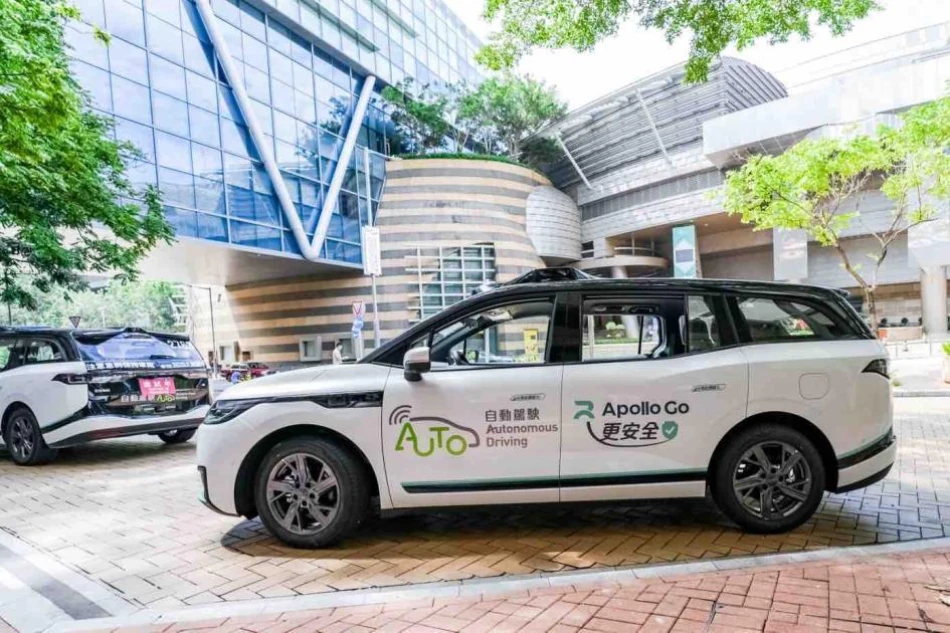
Baidu Hits a Milestone: 250,000 Robotaxi Rides Recorded in Just One Week
Chinese tech giant Baidu's robotaxi service Apollo Go now handles over 250,000 fully driverless rides per week as of October 31. This puts the company on par with Google's Waymo, which reported similar weekly numbers for its paid rides in the US back in April.
The milestone comes as Chinese and American companies race to dominate autonomous driving technology. Baidu's rapid growth shows China is keeping pace with US competitors in this high-stakes tech battle that also includes AI and electric vehicles.
Apollo Go operates mainly in major Chinese cities like Wuhan, Beijing, Shanghai, and Shenzhen. But the company is pushing beyond China's borders, expanding into Hong Kong, Dubai, Abu Dhabi, and most recently Switzerland. This international expansion signals Baidu's ambition to compete globally, not just at home.
The numbers show impressive growth. Back in June, Apollo Go was averaging around 169,000 rides per week based on its quarterly report of 2.2 million total rides. So the company has ramped up by about 50% in just four months.
Waymo, backed by Google's parent company Alphabet, focuses primarily on San Francisco, Los Angeles, and Phoenix. The company also partners with Uber to offer rides in Austin and Atlanta. Both companies must navigate complex regulatory approval processes before they can charge passengers for rides.
Apollo Go says it has received 17 million robotaxi ride requests total since launching. Its vehicles have driven 240 million kilometers (149 million miles) and completed 140 million fully autonomous trips.
For investors and the broader market, this competition matters because autonomous vehicles represent a potentially massive economic opportunity. The company that can scale fastest and prove their technology works safely could capture significant market share in what many expect to be a trillion-dollar industry.
But here's the challenge: regulatory approval varies dramatically between countries. What works in China might not fly in Europe or the US, and vice versa. Each market has different safety standards, testing requirements, and approval processes that companies must navigate.
Most Viewed News

 Omar Rahman
Omar Rahman






